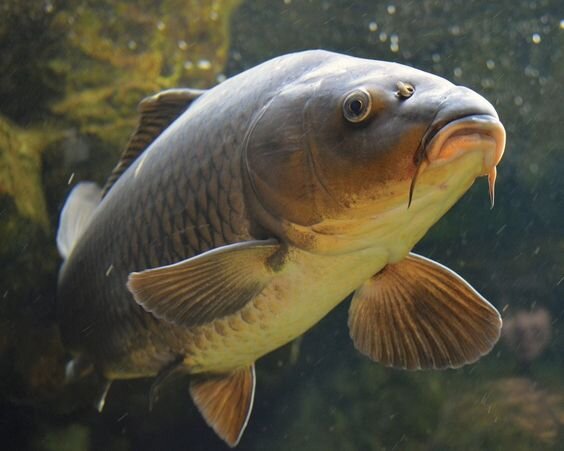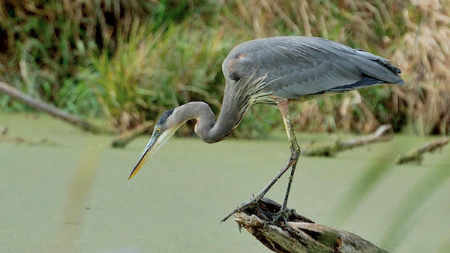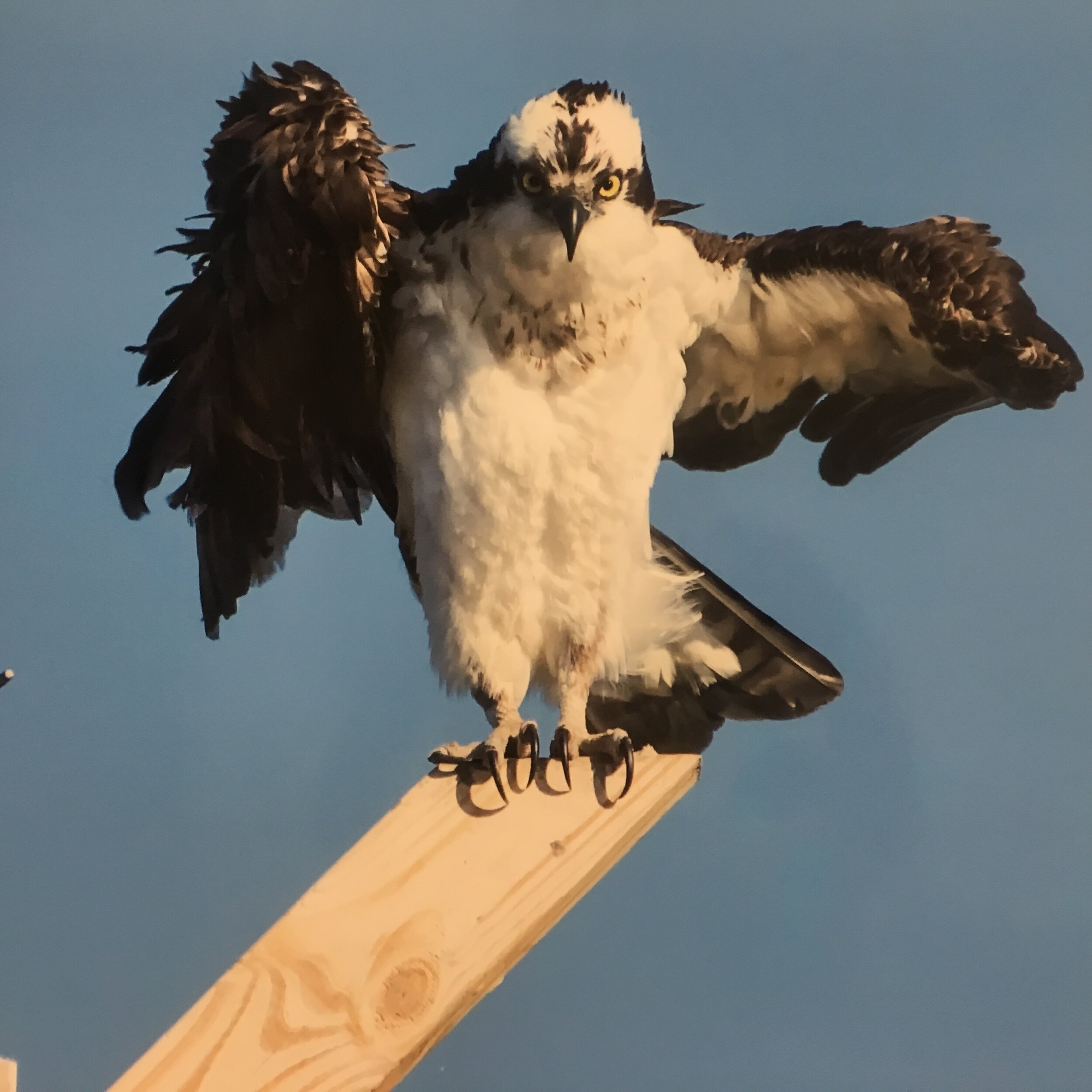Every year, no matter how cold and bitter the winter, the flowers finally bloom, the birds begin to sing and the animals prepare for warmer weather. While signs of spring may seem constant, they are highly susceptible to our changing climate. Red maples, one of the first trees to flower here in Ithaca, produce leaves earlier in the season as temperatures rise. Migratory birds are returning to upstate New York sooner each year.
The timing of biological events, such as flowering and migration, is known as phenology. Most species perform different behaviors at specific times of year. The ospreys that we observe from the MV Teal arrive at Cayuga Lake in late March and lay their eggs in May. A variety of environmental variables, from temperature to light, can trigger these biological events. Events that depend on weather cues are particularly susceptible to changes in climate.
Long-term records can reveal the impact of rising temperatures on phenology. In Concord, MA, scientists compare Henry David Thoreau’s notes on seasonal changes in the New England forests to present-day records. They have found that plants are flowering days or even weeks ahead of 19th century observations. Here in Ithaca, the ospreys arrive from their wintering grounds a day or two earlier each year.
While shifts on the scale of a few days may seem trivial, they can have ripple effects throughout an ecosystem. When the impacts of climate change on phenology differ across organisms, they can disrupt species interactions. In the White Mountains, black-throated blue warblers depend on caterpillars as a food source during their breeding period. As caterpillars emerge earlier in the spring with rising temperatures, the warblers have begun to breed earlier as well. However, scientists worry that the warblers may not be able to keep pace with the changes in their food source.
Citizen science efforts, like data on harmful algal blooms that we collect aboard the MV Teal, can reveal changes in phenology over time. Data from birders has helped build an understanding of how climate change affects the timing of migration. You can participate in community science with Discover Cayuga Lake on one of our Lake Monitoring Cruises and contribute important scientific knowledge about our local ecosystems. Please email us at floatingclassroom@gmail.com if you’re interested.





